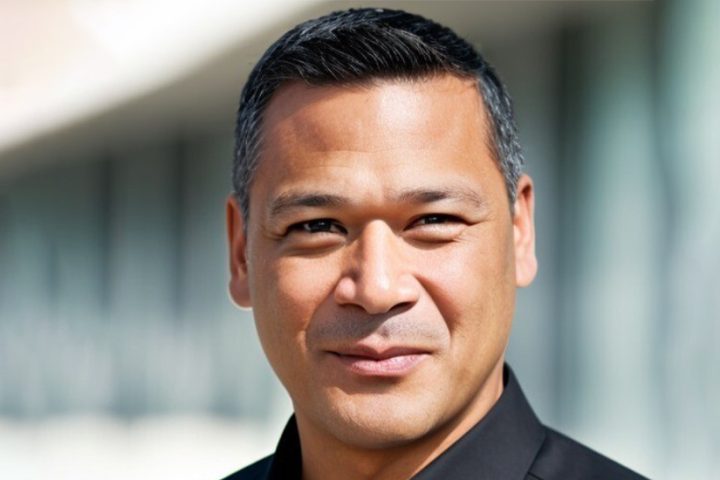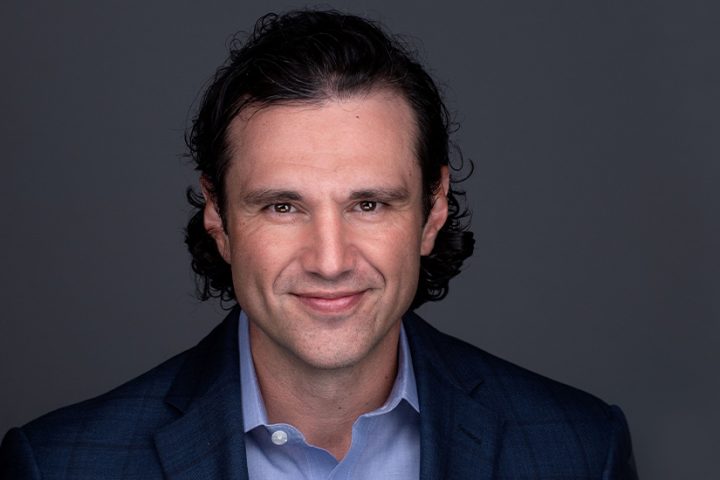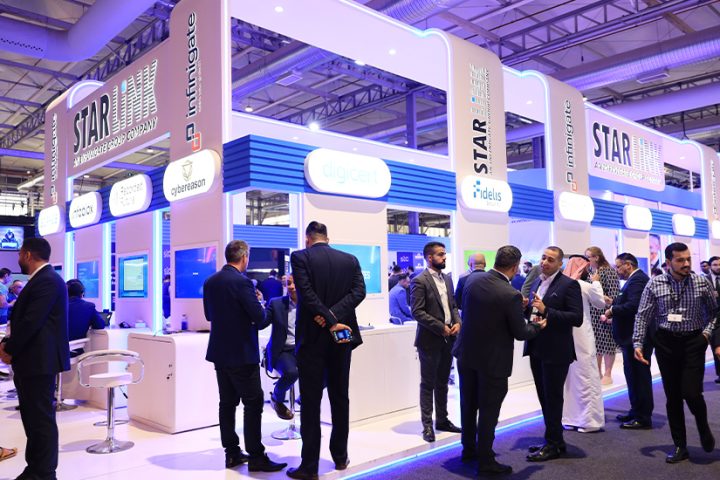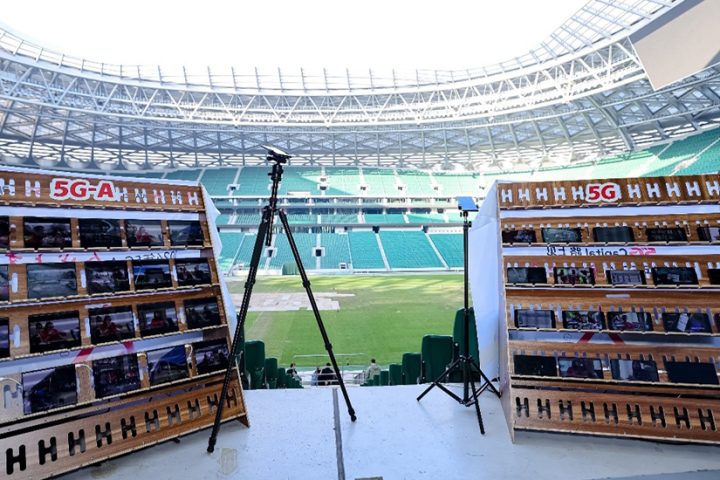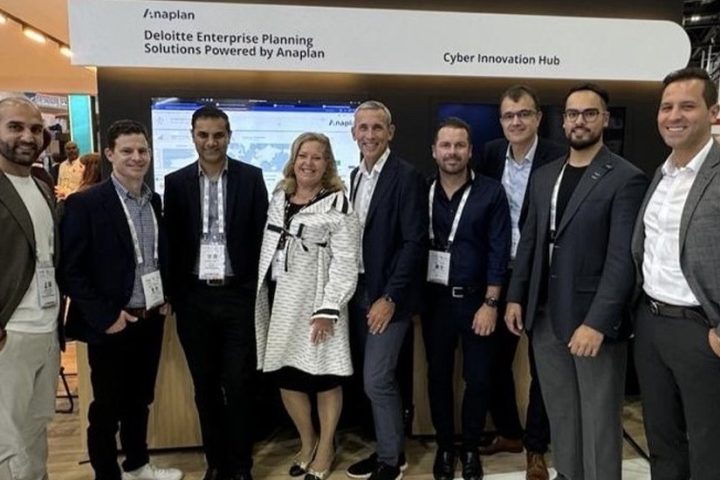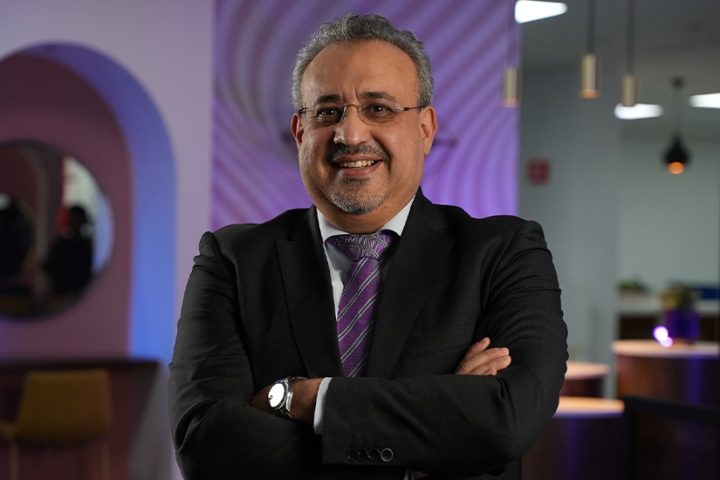Company Hails Dubai’s Leadership and Smart City Vision
Senior Cisco executives outlined the company’s blueprint for creating a sustainable, smart and connected city.
Cisco believes that the principles of openness that made the Internet a thriving ecosystem over the past 20 years can be applied to create and grow a networked platform for connecting people with products, services and information. This same network can also provide a means for cities to manage services, provide citywide information, learn how citizens use managed services, and deliver business opportunities.
Drawing on examples from current strategic partnerships – taking place via smart city initiatives in places like Barcelona in Spain, Nice in France and Hamburg in Germany, amongst many others – experts and analysts agreed that Dubai’s Smart City plans could create one of the world’s most connected and sustainable urban centers.
Having secured Expo 2020, Dubai’s rapidly accelerating Smart City bid comes at an opportune time. Frost & Sullivan estimate that the global market potential for smart cities – infrastructure development, technology integration, and e-government, energy and security services – could reach $3.3 trillion by 2025.
“The way we will move around in and interact with the city of Dubai is being revolutionized, and companies like Cisco are working very closely with both government and businesses to guide and support this momentous change. The era of inert buildings, unresponsive citizen services, and lack of logistical transparency is over, and Dubai has everything in place to become an exemplary smart city pioneer, not only throughout the region but also on a global scale,” said Rabih Dabboussi, Managing Director, Cisco UAE.
The global need for cities to adapt is intensifying. Research from the Massachusetts Institute of Technology (MIT) predicts that cities in the future will account for nearly 90% of global population growth, 80% of wealth creation, and 60% of total energy consumption.
According to analysis by McKinsey, one billion people will enter the global “consuming class” by 2025 – a rise of 70% from today. To cope, cities will need to construct floor space equivalent to 85% of all of today’s urban building stock – an area the size of Austria.
Cisco’s Smart+Connected Communities (S+CC) – A Reality Today





